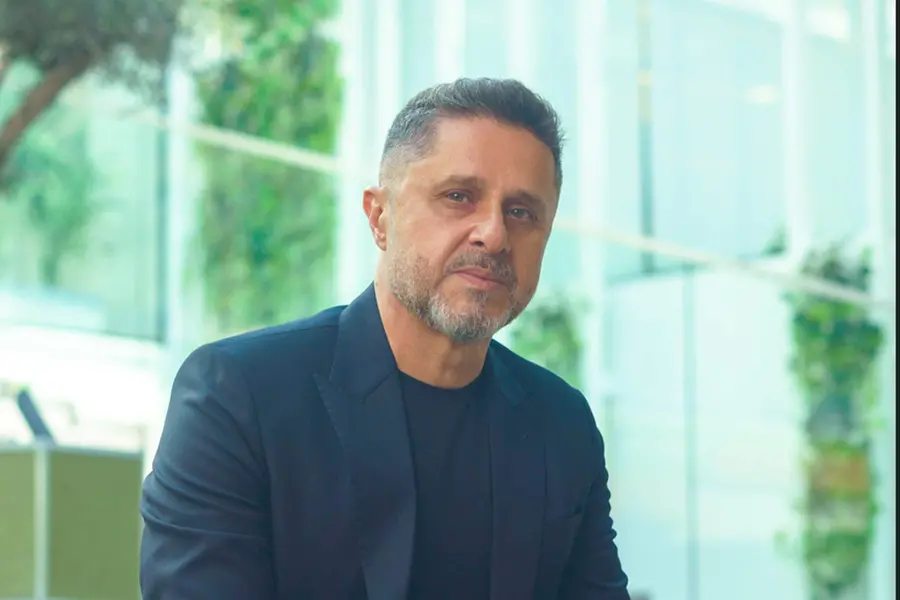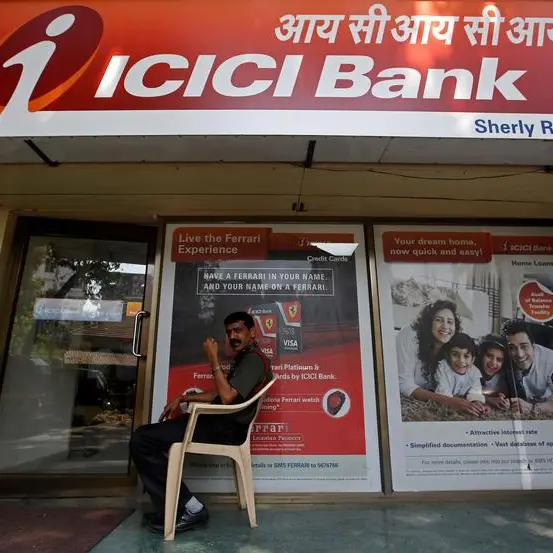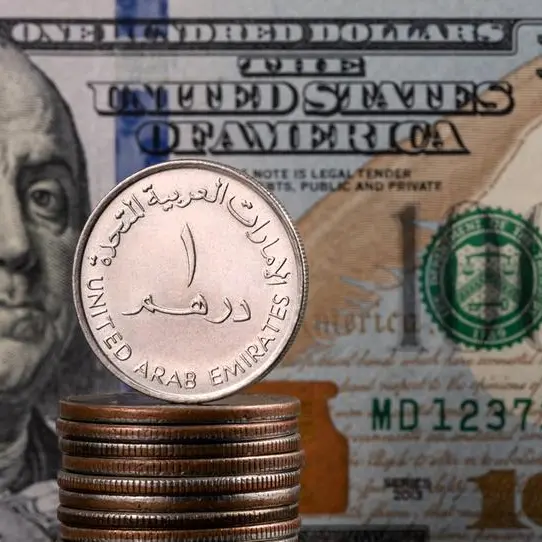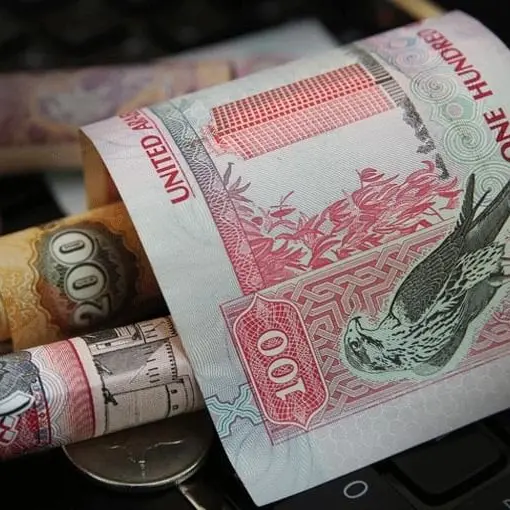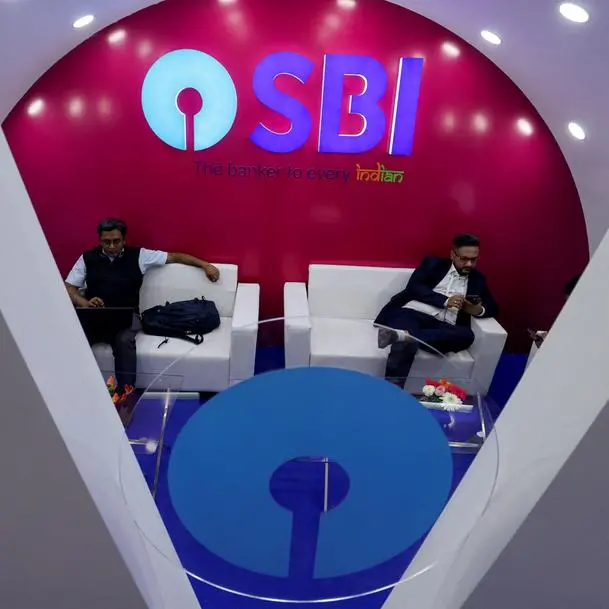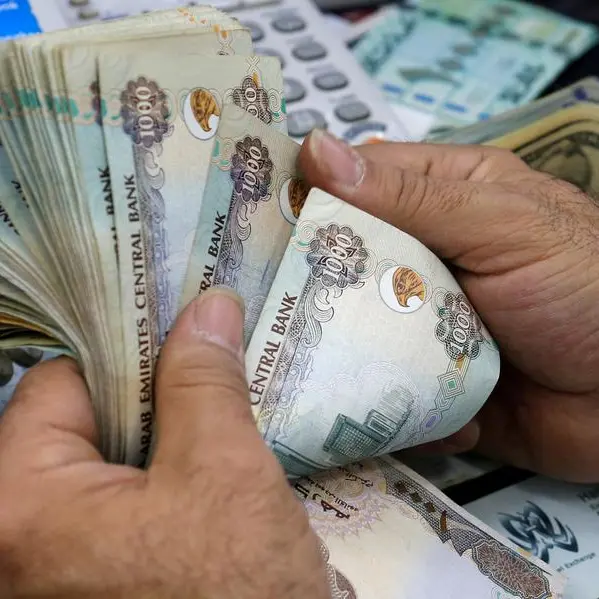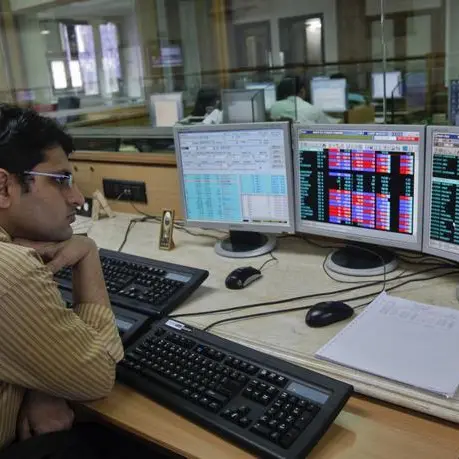PHOTO
Dubai-based SEE Holding is considering options such as bonds, including green bonds, and a stock market listing as it eyes global expansion, with the aim of having a presence in every city in the world in 10 years.
It’s an ambitious goal for a company in the process of expanding into Saudi Arabia, Bahrain and Kuwait, with Europe and the US on the horizon, but Faris Saeed, the company’s chairman and CEO, has a plan: create a benchmark which can be copied.
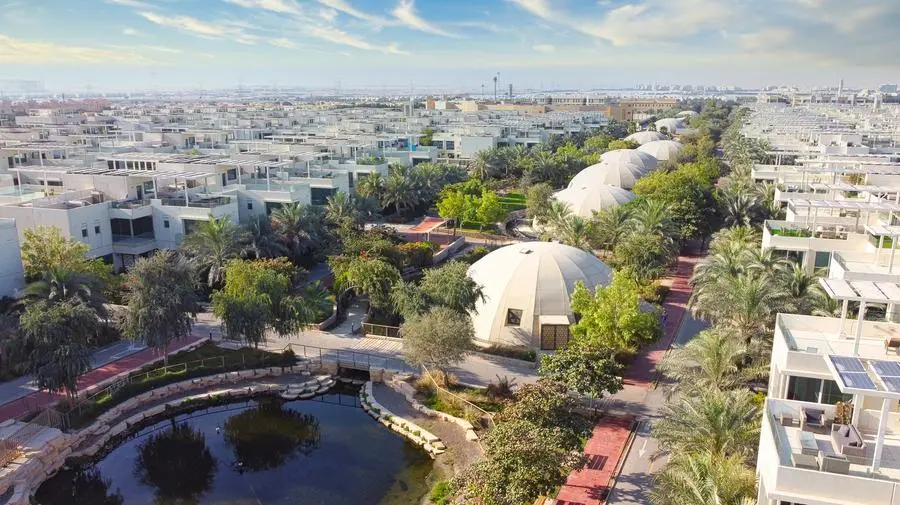

“For our future we are exploring many options: bonds, green bonds, and listings,” Saeed said in an interview with Zawya. One of those options is the New York Stock Exchange, which he said would be “very excited” to have the company onboard as exchanges worldwide make efforts to become more sustainable.
SEE Holding originated in Dubai in 2003 and is behind the Sustainable City brand in the city. Another Sustainable City was developed in Sharjah, and the Sustainable City Yas Island in Abu Dhabi is due for completion in 2026.
According to the company, common spaces and landlord areas in The Sustainable City in Dubai have achieved net-zero energy status based on SEE Holding’s internal assessments of solar energy generation and consumption, and validated by Dubai Carbon, which is backed by the Dubai Supreme Council of Energy.
The SEE Institute, the new Sustainable City Dubai headquarters launched in 2023, aims to reach net zero emissions by 2030.
Surplus energy from the building is used to power additional areas, such as holiday homes at the site.
Sustainable City Yiti in Oman is slated for completion in 2025 with the aim of producing 120% of its own energy needs onsite and achieving net zero emissions by 2040 using rooftop solar panels, solar farms, wind turbines and a biogas plant that makes energy from waste as energy sources.
Yiti’s surplus energy will be used to offset any embodied emissions, and it will be connected to the electricity authority’s grid to power the city.
Regulatory and logistical challenges around the import and export of renewable energy mean that the aim for the Abu Dhabi and Sharjah communities will be 50% renewable energy production, SEE Holding said.
Saeed hopes to sign an agreement for a Saudi Arabian Sustainable City this year, and the company is exploring sites in Cyprus and in Dallas, Texas, in the US.
Sustainabilility has become “trendy” Saeed said, and past struggles to finance sustainable projects have reduced. “Everyone wants to have us, everyone is happy to have us because everyone wants to look good.”
“In the beginning, it was a struggle; they were afraid to finance. We needed to explain to people what we were doing, because in the beginning, they thought because we used solar, we would not have any power at night,” he said.
The Sustainable City residents in Dubai are the first in the emirate to receive energy bills labelled “‘export and import”, showing the energy their homes were using versus the energy their homes were producing, Saeed added. When surplus energy is produced, residents pay nothing.
An off-grid city, one that powers itself entirely from energy produced on-site, is a future project in the early stages of study, Saeed said.
When it comes to energy production onsite, solar is often the first choice then and biogas (energy produced from the breakdown of organic waste) is the second, followed by wind power and other solutions, Saeed said. “Everyone feels that sustainability is solar panels, so we show them that there is much beyond that.”
Projects focus on six areas, he said food security, energy, water, products, mobility and waste, and each city has different goals to be applied to each of them.
For example, at the Dubai community, water used is harvested and recycled. At the Oman site, 80 fishermen whose families have been fishing from the location for 100 years, will become fish suppliers for the city, with the Yiti project becoming offtakers as part of the aim to produce 70% of food onsite.
Greenhouses, vertical farms, beehives for honey and hens for eggs are other onsite food sources that would help eliminate carbon emissions that would otherwise result from importing.
When it comes to construction, the company procures green concrete and steel and then offsets its emissions, Saeed said.
New build The Sustainable City villas in Dubai were sold at 10% lower cost than local equivalent villas, showing that it’s possible to make the homes affordable in comparison with conventional homes, Saeed said, a strategy that he aims to maintain for other communities.
(Reporting by Imogen Lillywhite; editing by Seban Scaria)
